UAE's de facto leader arrives in Riyadh shortly after oil quota spat
The United Arab Emirates' de facto ruler has met with Saudi Arabia's Crown Prince Mohammed bin Salman in the Saudi capital, Riyadh, against a background of widening political and economic rifts between the two countries.
"My brother Mohammed bin Salman and I discussed ways to further deepen the fraternal bond and strategic cooperation between our nations. The partnership between the UAE and Saudi Arabia continues to be strong and prosperous," Abu Dhabi Crown Prince Mohammed bin Zayed Al Nahyan said in a tweet on Monday.
The meeting between Abu Dhabi's crown prince, 60, and the 35-year-old bin Salman, each being the de facto leader of his own country, was attended by three senior officials from each side.
The state-owned Saudi Press Agency said a discussion had been held on the "deep-rooted fraternal relations between the two countries" and "the latest regional and international developments."
A state-run Emirati news agency also said the meeting explored ways "for enhancing the flourishing relations and strategic cooperation" between the two countries.
A standoff between Riyadh and Abu Dhabi that disrupted policy setting by the Organization of Petroleum Exporting Countries (OPEC) and its non-OPEC allies — a grouping known as OPEC+ — came to an end when the UAE and Saudi Arabia reached a compromise on oil production quotas on Sunday.
In addition to economic tensions, the two Persian Gulf allies — which are partners in a deadly war of aggression on Yemen — have competing interests in the victim country.
Riyadh and a number of its regional allies, mainly the UAE, launched the deadly war on Yemen in March 2015 in an attempt to subdue a popular uprising that had toppled a Riyadh-friendly regime led by former president Abd Rabbuh Mansur Hadi.
The UAE publicly announced a withdrawal from Yemen in 2019, even though reports have said that it remains a party to the devastating war. The UAE has also supported separatists in a war against Hadi himself.
Saudi Arabia brokered an agreement between the self-proclaimed Hadi government and the UAE-backed Southern Transitional Council (STC) separatists to end their power struggle in southern Yemen in November 2019. But in a rare development, pro-government commentators in Saudi Arabia continued to publicly criticize the UAE's role in Yemen.
"If Abu Dhabi does not help in implementing the Riyadh agreement regarding the south Yemen crisis, and keeps obstructing it, I think that Saudi-Emirati ties will continue to be tested," political writer Suleiman al-Oqeliy, who often reflects official Saudi positions, tweeted on Saturday.
And Abdullah al-Hatayla, the deputy editor of Saudi Arabia's semi-official Okaz newspaper, said in a tweet, "The Kingdom, government and people, will not allow anyone to tamper with Yemen's security and harm it. Its patience may be great but it has limits."
The regional alliance between Saudi Arabia and the UAE has loosened amid competing interests. According to analysts, the two countries are competing for business, regional investments, and dominance.
Tehran economic conference: Raeisi hails Iran-Africa expansion of ties
VIDEO | Press TV's news headlines
Severe heat wave hits India as phase 2 of polling begins
What to expect after President Raeisi's visit to Pakistan
China describes Iran as ‘strategic partner' in West Asia
April 25: ‘Axis of Resistance’ operations against Israeli occupation
Hezbollah hits Israeli military sites near border with rockets, drones
Rwandans say UK deportation 'another brutal manifestation of neo-colonialism'


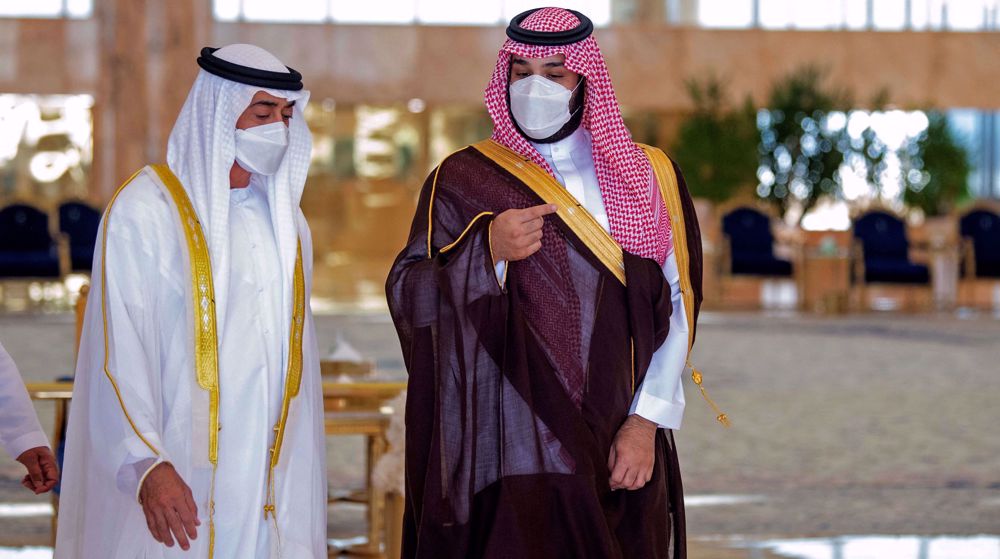
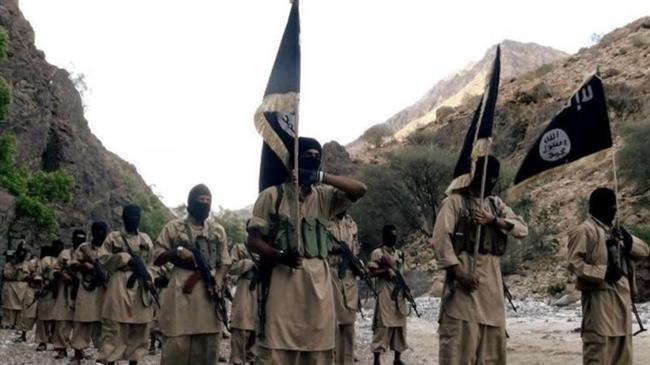
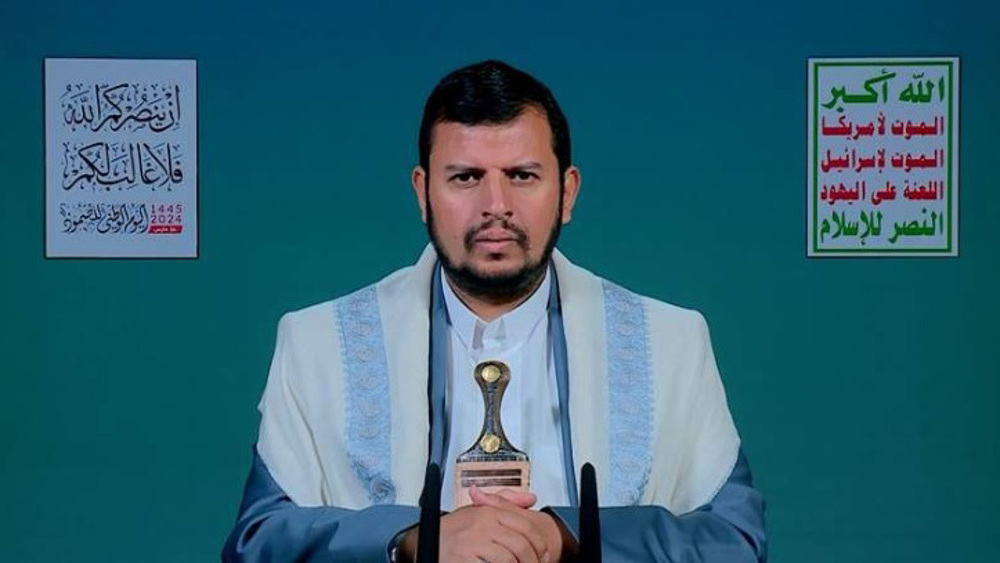
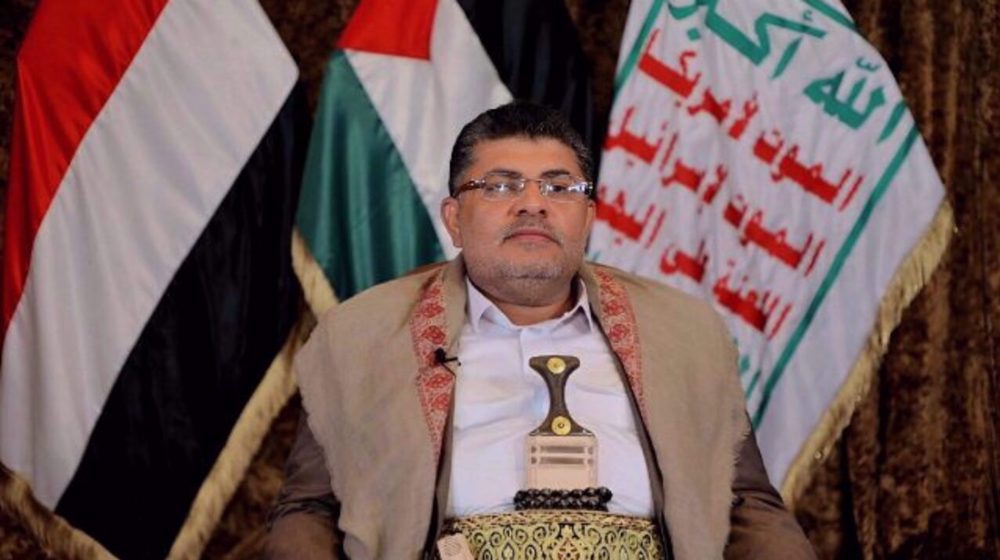
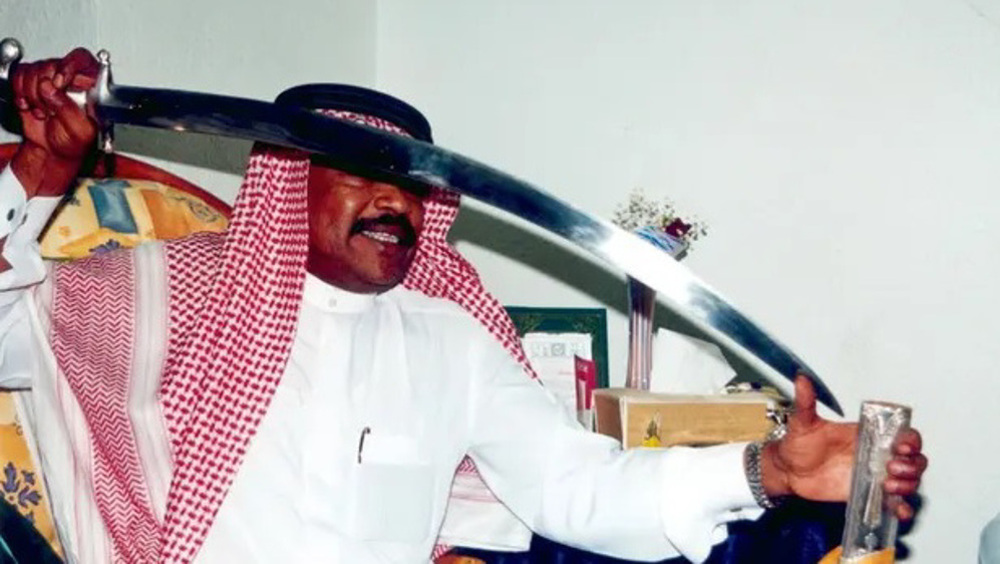



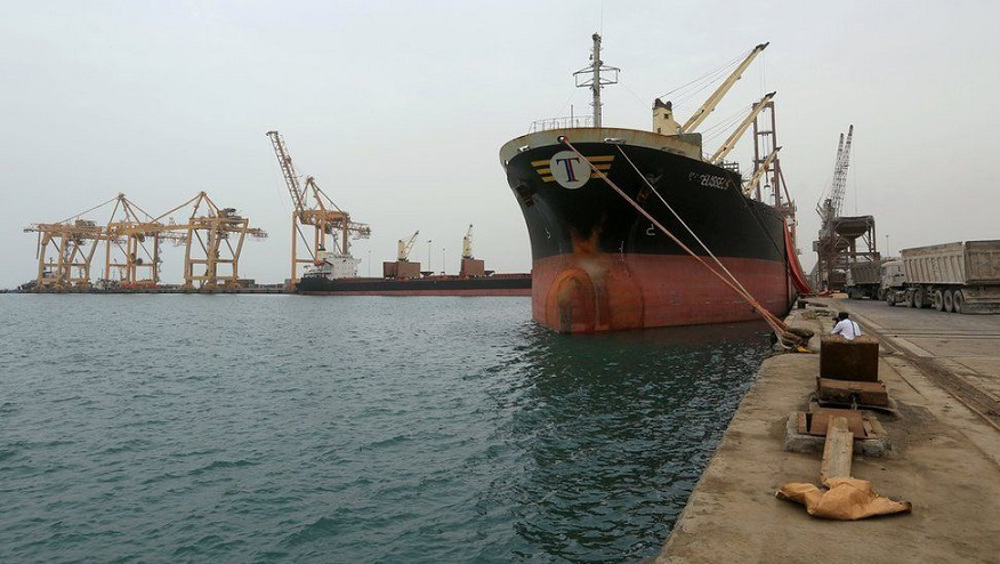


 This makes it easy to access the Press TV website
This makes it easy to access the Press TV website